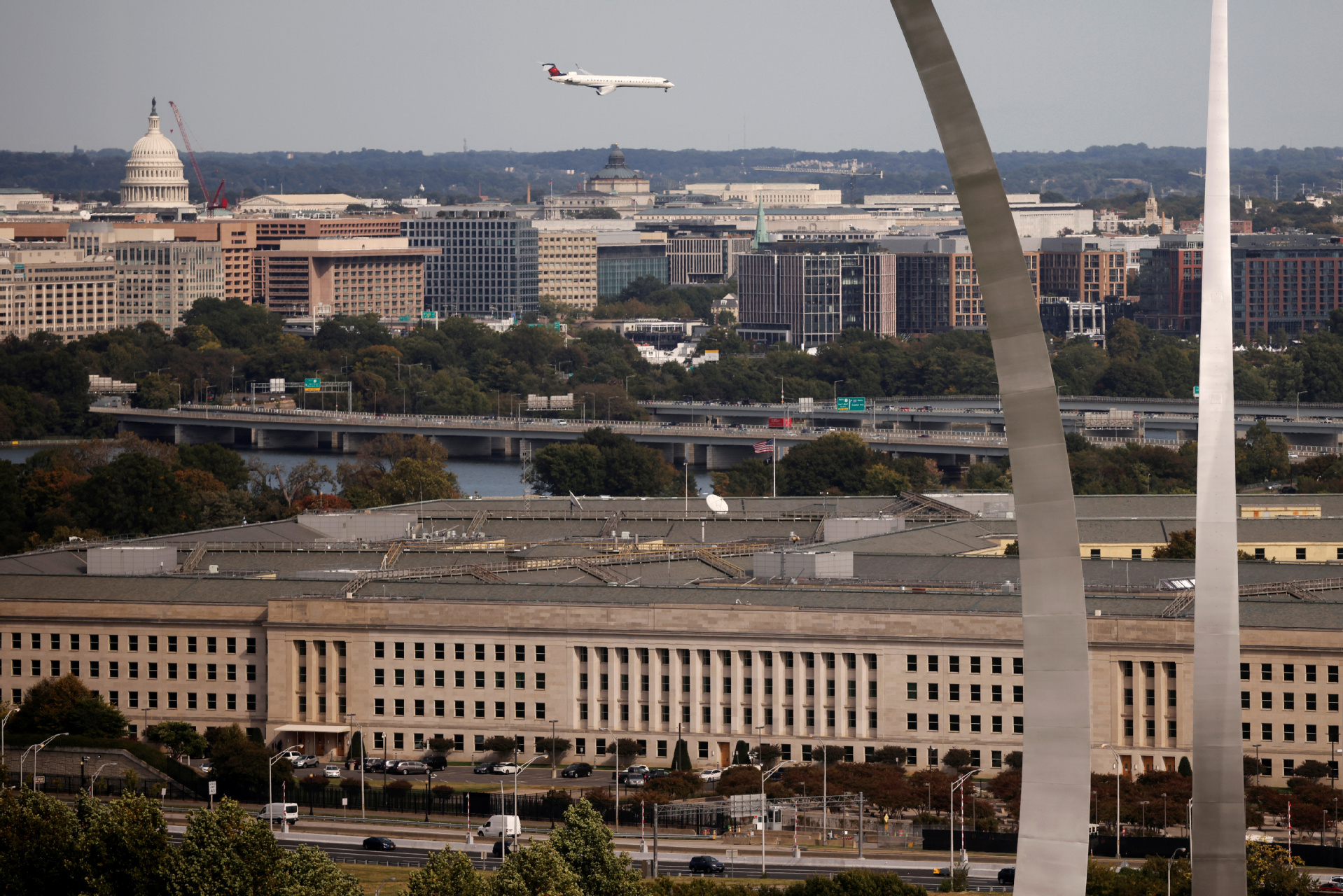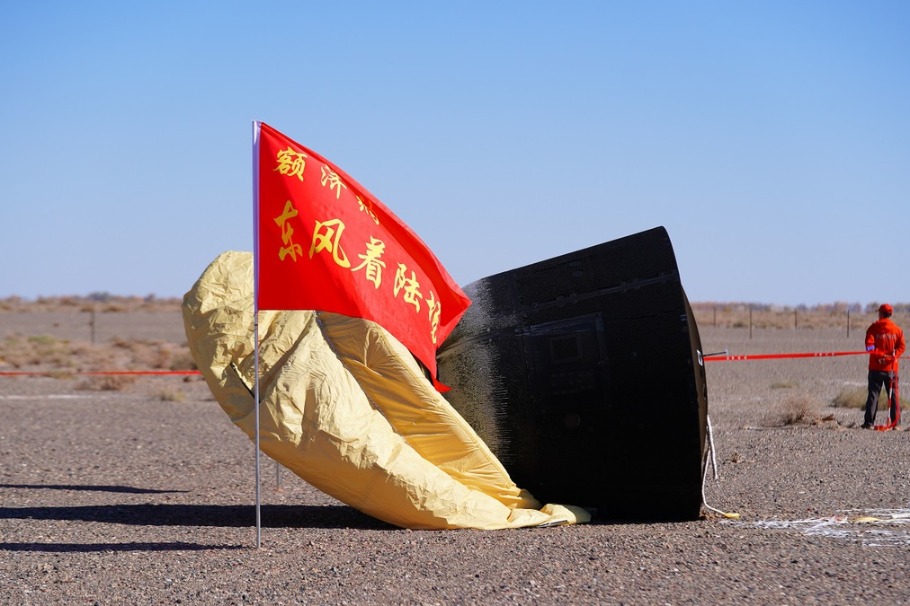Taiwan card a risky one for US to play: China Daily editorial


The US State Department's approval of the potential sale of three weapons systems to Taiwan, including sensors, missiles and artillery, is a move similar to pouring oil on a smoldering fire.
Relations between China and the United States are built on the three joint communiqués in which Washington acknowledged that Taiwan is part of China, ended its formal political relations with Taiwan, and promised to tail off arms sales to the island. What the current US administration is doing pushes the envelope of the US' agreements as set out in the communiqués and risks undermining the foundation for their diplomatic relations and exacerbating cross-Straits tensions to the point of a conflict.
The US hawks' condoning and encouraging of the provocations of the secession-desiring Tsai Ing-wen administration on the island have ratcheted up cross-Straits tensions to their highest level in years, and plunged political relations between Washington and Beijing to their lowest point.
Aside from repeatedly selling arms to the island, the US also used the COVID-19 pandemic as a pretext for US Health and Human Services Secretary Alex Azar to visit the island in mid-August.
Under such circumstances, the Pentagon's announcement on Wednesday of the US Department of State's approval of another potential arms sale is undoubtedly cause for concern.
No doubt driven by the looming US election, the move lays bare how irresponsible and selfish the US administration is.
The anti-China hawks in Washington and independence seekers in Taiwan should not mistake Beijing's restraint for weakness. It will not tolerate any move that may compromise its national sovereignty and territorial integrity.
The secessionists on the island should also be aware that while they are useful to the US administration as tools to be used as part of its policy to contain China, that does not mean they have its unconditional backing for any and all vexations they may dream up in a bid to cement their estrangement from the Chinese mainland.
Nonetheless, by repeatedly playing the Taiwan card in this way the US administration is tempting what would be unwelcome consequences.
The mainland has warned that it will do “whatever it takes” to thwart any effort aimed at seceding Taiwan from the motherland. It has increased its military presence in the region as both a warning and preparation should it be called upon to act. The Taiwan separatists should give up their fantasies of counting on foreign intervention to make their daydream come true. They are deluding themselves if they believe that the US stands ready to sacrifice American lives to back some reckless folly on their part.


































